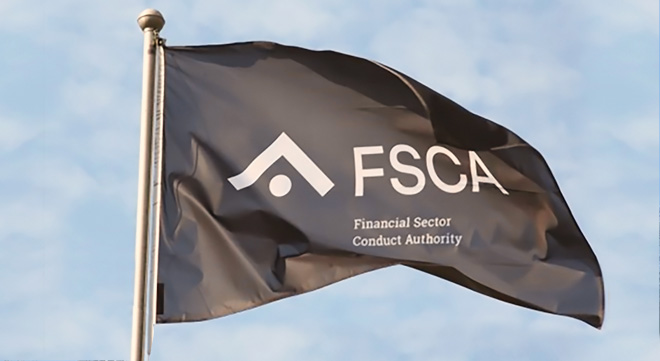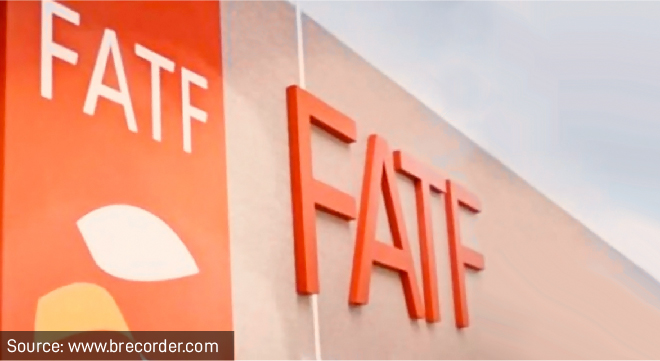
FSCA, Reserve Bank say they will step up their anti-money laundering efforts
Accountable institutions are expected to fulfil their compliance obligations

Accountable institutions are expected to fulfil their compliance obligations

What you should know about the Financial Action Task Force, its evaluation of South Africa, and how grey-listing works.

Three things to note when it comes to customer due diligence and assessing money laundering and terrorist financing risk.

The amendments to Schedule 1 of Fica mean more individuals and businesses have, by definition, become accountable institutions.

New requirements include the identification of ultimate beneficial owners and beefed-up risk management and compliance programmes.

The workshop will focus on identifying, monitoring, mitigating and managing risks.

Finance minister sets the threshold above which transfers must be reported to the FIC.

The Centre’s reference guide will also assist all accountable institutions with meeting their Fica compliance obligations.

An accountable institution should ask only for personal information that is necessary to achieve the purposes of Fica.

Stringent compliance obligations await if it is, but there’ll be a transitional period for new sectors.

It will apply to estate agents, attorneys and trust practitioners, among others.

Anyone registered as an estate agent before February 2022 will remain an accountable institution.

No carve-out to accommodate clothing retailers’ concerns about exclusion or compliance costs

It says the amendment bill imports a foreign concept that is in conflict with South African trust and property law.

Period within which cash transactions must be reported is also extended

FIC makes recommendations on the adoption of a risk-based approach to mitigate the risk of proliferation financing.

If South Africa does escape being grey-listed next year, it will be by the skin of our teeth. Time is not on the country’s side when one considers the work that must be […]
Notifications